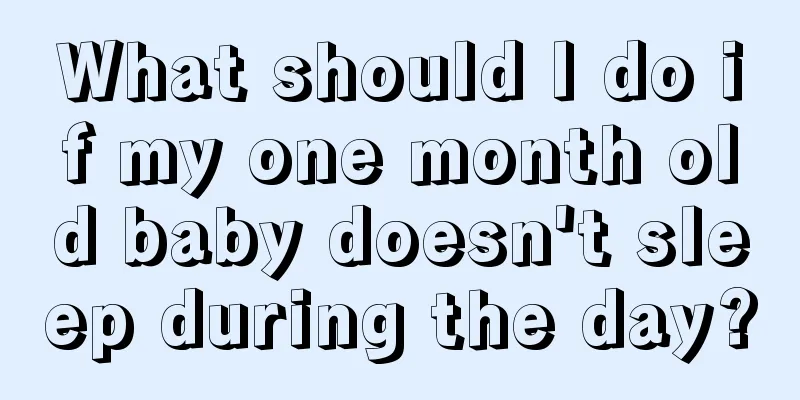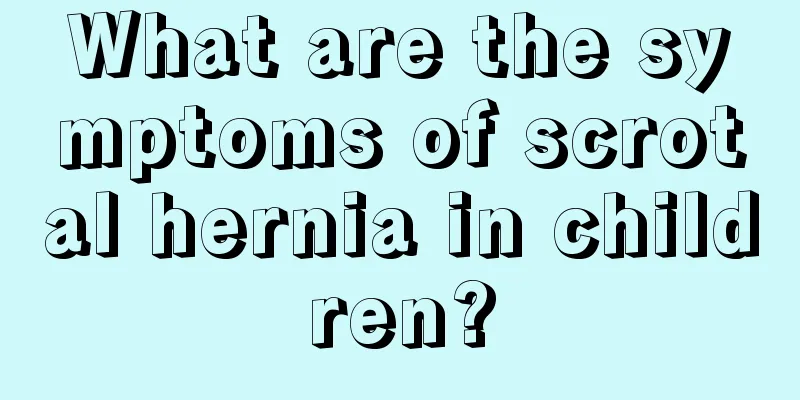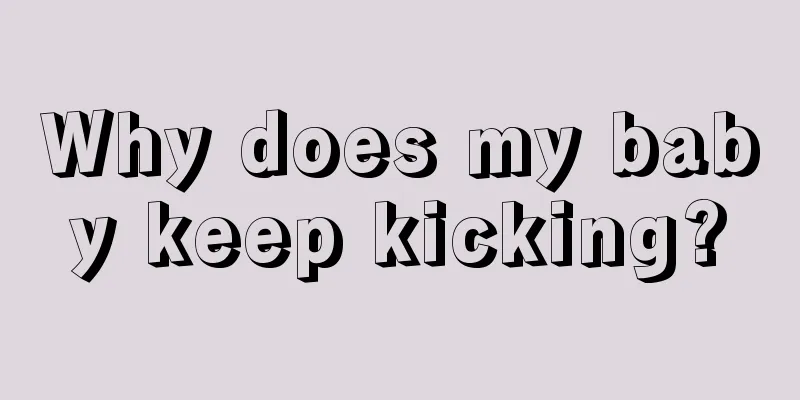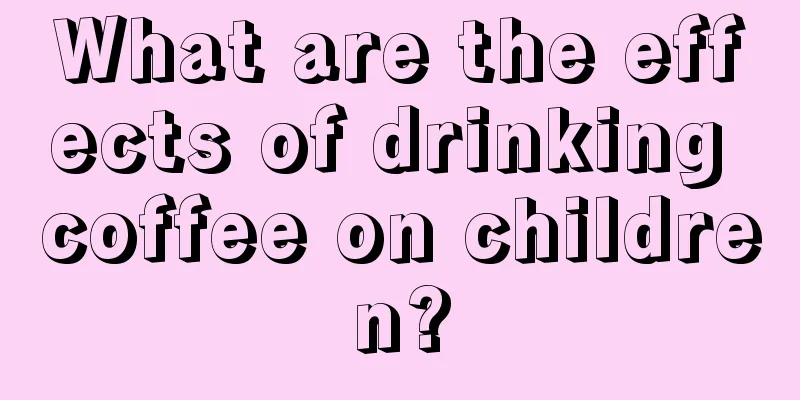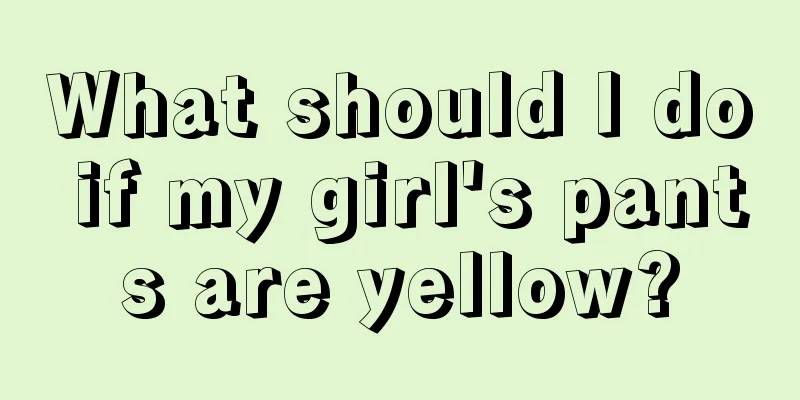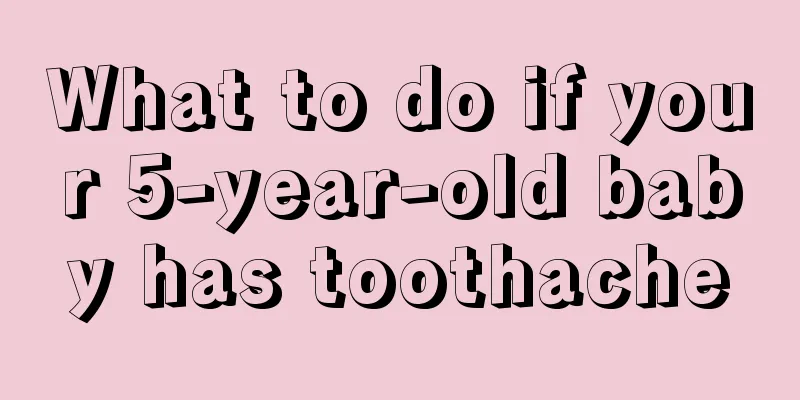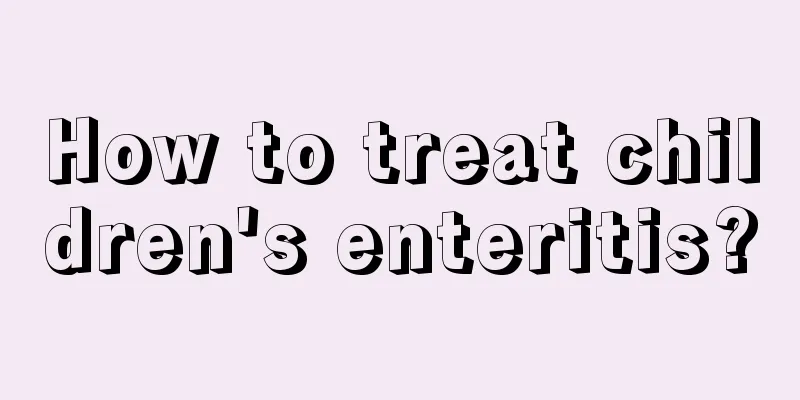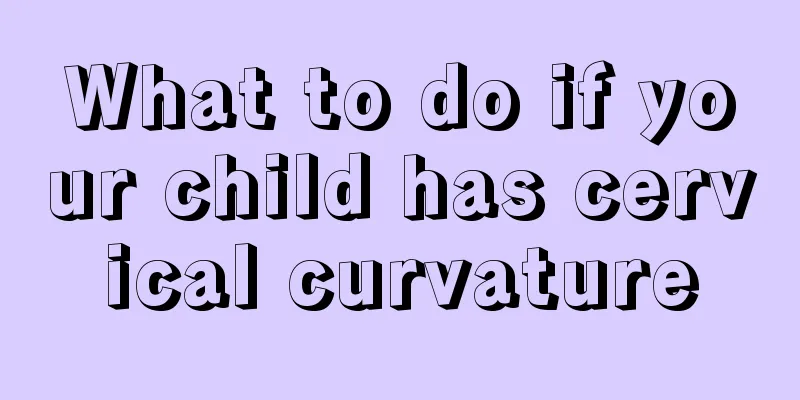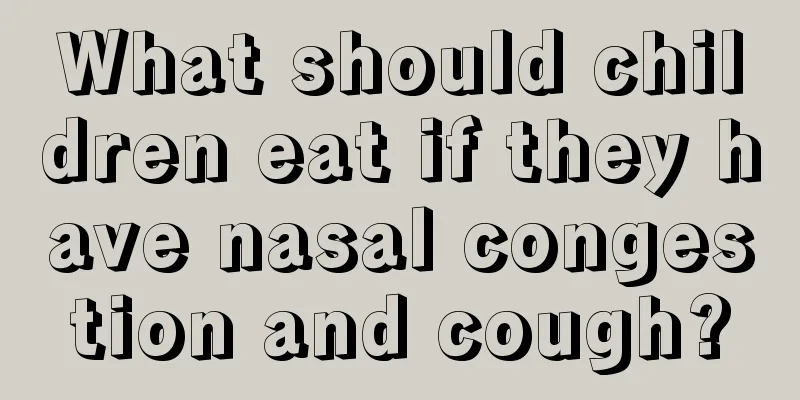Which vaccinations are mandatory?
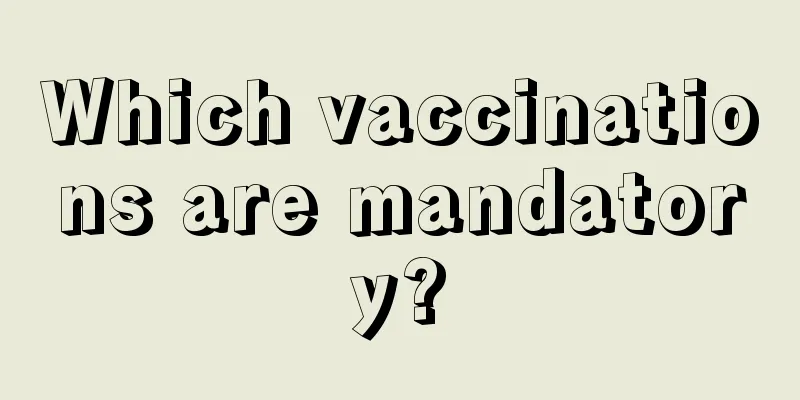
|
As the name suggests, vaccinations are things that can help people prevent diseases. Especially for infants and young children, vaccinations are definitely necessary. However, some parents may miss the child on purpose out of concern for money or for other reasons, which is a bit wrong. Some parents don't even know which vaccinations are necessary. So, which vaccinations are necessary? 1. Which vaccines are mandatory: Category I vaccines In our country's vaccination program, vaccines are divided into two types. One is the compulsory injection by the state. This type of vaccine is free, such as BCG, hepatitis B vaccine, diphtheria, pertussis and tetanus vaccine, etc. This type of vaccine is generally administered as required after the baby is born, and then you will be given a vaccination book, which will also be needed for the baby to go to school in the future. This type of vaccine is a type of vaccine. There is another type of vaccine that is not free from the government, which means you have to pay for your baby's vaccination yourself. Of course, the government does not force it. This type of vaccine, such as chickenpox, influenza, rotavirus, etc., is collectively referred to as Class II vaccines. The Shandong Provincial Food and Drug Administration announced that after verifying the list of seized vaccine varieties provided by the police, a total of 12 types of vaccines, 2 types of immunoglobulins and 1 therapeutic biological product were involved. Among them, 12 vaccines are not Class I vaccines, all are Class II vaccines. Category II vaccines refer to paid vaccines that citizens receive voluntarily, and Category I vaccines refer to vaccines that the government provides free of charge to citizens and that citizens must receive in accordance with government regulations. Class I vaccines are safe, so please rest assured. 2. What vaccines should babies get? 【1】Free vaccination The first category of vaccines is routine immunization according to age, and all babies must receive them. When entering kindergarten or school, the vaccination status needs to be checked, and babies who have not completed the vaccination must get a booster shot. The following are the vaccines commonly used for childhood immunization. According to the immunization program stipulated by the Ministry of Health, the vaccines that should be given from birth to 6 years old are: (these vaccines are free!) 1. Bacillus Calmette-Guérin (BCG) Tuberculosis (TB) is a vaccination used to prevent tuberculosis in children. Vaccination can give children special resistance to tuberculosis. 2. Hepatitis B vaccine (HepB) Hepatitis B vaccine is a special medicine used to prevent hepatitis B. After vaccination, the immune system can be stimulated to produce protective antibodies. These antibodies exist in human body fluids. Once the hepatitis B virus appears, the antibodies will immediately take effect to eliminate it, prevent infection, and will not harm the liver. This will enable the human body to have immunity to prevent hepatitis B, thereby achieving the purpose of preventing hepatitis B infection. Vaccination against hepatitis B is the most effective way to prevent hepatitis B virus infection. 3. Measles vaccine: Measles vaccine is a live attenuated vaccine with mild reactions and good immune durability. Regular vaccination after birth can prevent measles. 4. Polio vaccine (abbreviated as polio sugar pill): Polio sugar pills are an oral vaccine preparation, white granular sugar pills, and are safe for vaccination. Taking sugar pills as planned after birth can effectively prevent polio. 5. DPT preparations: It is a mixture of pertussis vaccine, refined diphtheria toxoid and refined tetanus toxoid, which can prevent pertussis, diphtheria and tetanus at the same time. 6. Japanese encephalitis vaccine: The Japanese encephalitis vaccine is made by infecting hamster kidney cells with the Japanese encephalitis virus. After cultivation, the virus liquid is harvested and freeze-dried to make a live attenuated vaccine for the prevention of Japanese encephalitis. |
<<: Can babies with mild eczema be vaccinated?
>>: What vaccinations should be given at the age of four?
Recommend
What causes green poop in babies?
Green stool is the most difficult problem that mo...
Grainy pimples on baby's neck
Many young babies cannot speak yet, and can only ...
What to do if your five-month-old baby has indigestion
After birth, the baby is not yet well adapted to ...
Is it okay for the baby to take a bath every day?
Babies have naturally soft skin, and due to their...
What is the cause of ocular myasthenia gravis in children?
The most common symptoms of myasthenia in childre...
What to do if your child keeps drooling
If a child drools occasionally, it is not a serio...
The harm of taking roxithromycin for babies
We all know that babies have very thin throats wh...
What to do if your child has violent tendencies
When children are young, they do not have the abi...
Is calcium lactate good for babies?
Calcium lactate is a food that can supplement cal...
Child's hand is broken
In our lives, many children suffer from hand, foo...
Best treatment for baby eczema on face
Many children have experienced eczema. Once eczem...
What to do if your child is picky about eating
Raising a child is a long process. As the saying ...
What should I do if my child coughs up yellow phlegm?
Children usually have headaches, colds, fevers an...
What causes dry eyes in children?
Children's eyesight problems are very importa...
Tips for parents to educate their children
It is very important to educate a child, because ...
